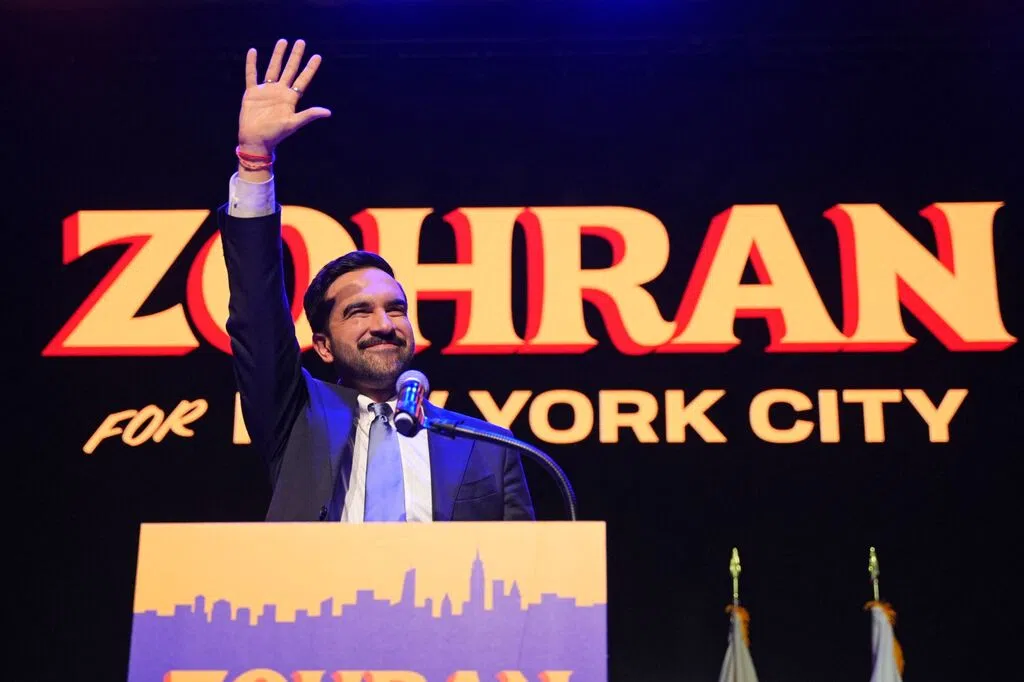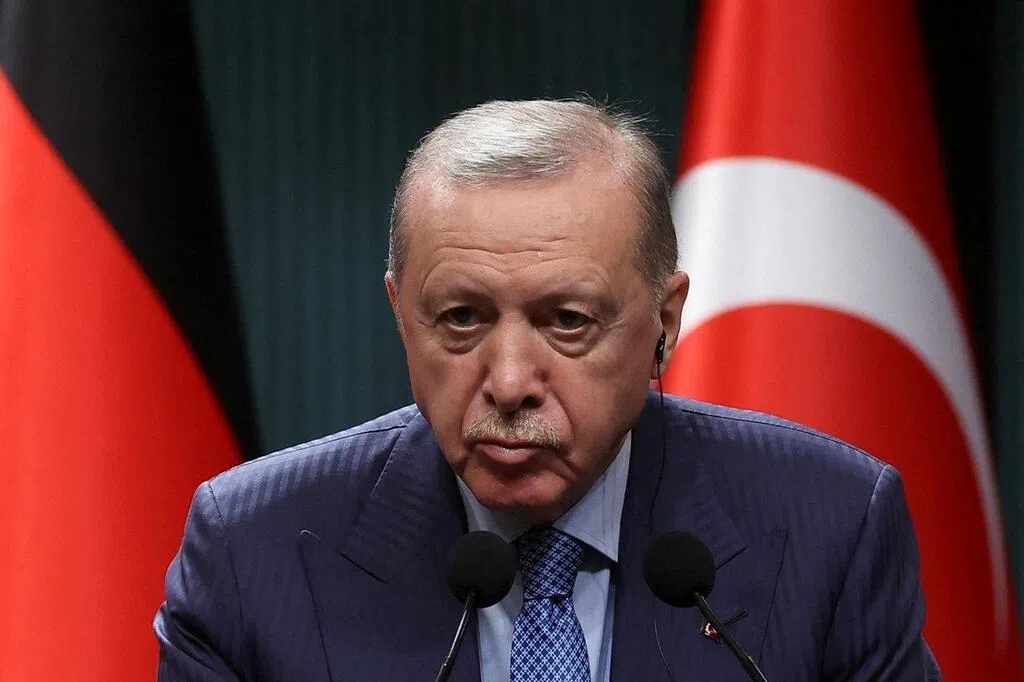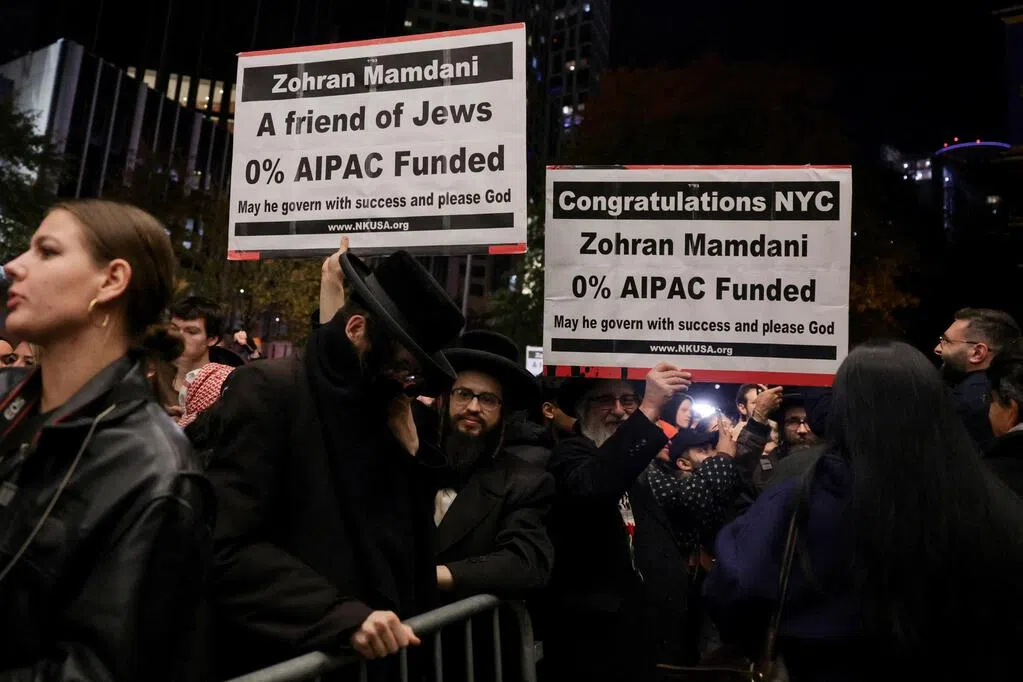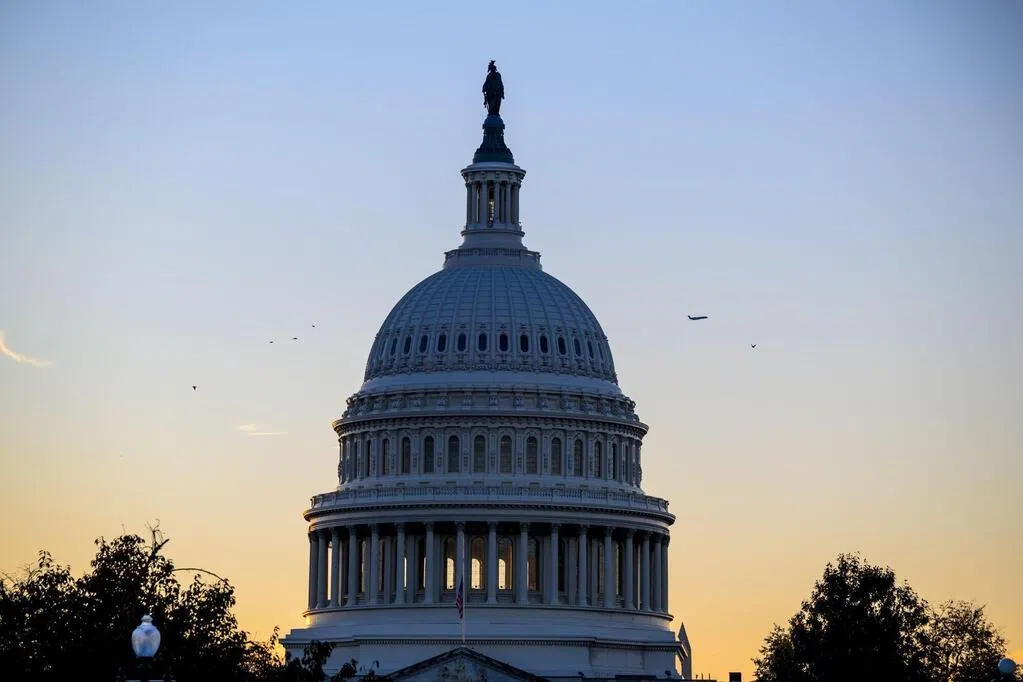(Gaza) Hamas has indicated that it is considering surrendering missiles and rockets as part of a ceasefire agreement with Israel. This shows that Hamas is prepared to make further concessions to advance the US-mediated peace roadmap.
Hamas official Marzouq told Al Jazeera in Doha, Qatar, on Wednesday (November 5) that Hamas is willing to consider surrendering weapons with ranges exceeding the buffer zone. He told the interviewer, "If you mean weapons with ranges exceeding the buffer zone, then yes, that's worth discussing because these weapons could pose a threat to the other side (Israel)."
Marzouq revealed that Hamas is developing an alternative to the international stabilization force proposed by US President Trump last month in his Gaza peace plan. He stated that this proposal aims to prevent a power vacuum in Palestinian territory after the agreement is signed and fighting largely ceases.
He said Gaza could be governed by a security force composed of Hamas police and security personnel, who would retain small arms, and other Palestinians could also join the force.
Marzouk also said, "We haven't entered into discussions at that stage yet. Our goal is stability and preventing war. Their (Israel's) goal is to mitigate the threat and prevent a repeat of the October 7th incident." He was referring to the massive Hamas terrorist attack on Israel on October 7, 2023, which triggered more than two years of fighting between Israel and Hamas.
Further Reading


Marzouk's remarks indicate that much work remains to be done before an agreement on the next phase of the ceasefire can be reached.
Israeli Defense Minister Katz said on Thursday that he had instructed the Israel Defense Forces to designate the border region between Israel and Egypt as a closed military zone to combat drone weapons smuggling that threatens Israel's national security.
Katz stated that drone weapons smuggling is part of the Gaza war, "aimed at arming our enemies, and therefore must be stopped by all possible means."
The first phase of the Gaza ceasefire agreement took effect on October 10. While Israel and Hamas pledged to abide by the agreement, they also accused each other of violating it, raising international concerns about the sustainability of this fragile agreement.
Prior to Marzouk's remarks, Hamas had not expressed any willingness to disarm or relinquish control of the Gaza Strip. Hamas had previously stated that it was only willing to transfer control of Gaza to a Palestinian government elected by the Palestinian people.
On the other hand, the US mission to the UN said Wednesday that the US had submitted a draft UN Security Council resolution to partner countries to strengthen the Gaza peace plan, including approving the formation of an international stabilization force.
A spokesperson for the US mission said in a statement that US Permanent Representative to the UN, Walz, had submitted the draft to the 10 elected members of the Security Council and several regional partners, including Egypt, Qatar, the UAE, Saudi Arabia, and Turkey.
A date for a vote on the draft has not yet been set. Diplomatic sources revealed that some countries have expressed their willingness to participate in the international stabilization force but insist that Security Council authorization is required before deploying troops to Palestinian territory.
Under the agreement, the international stabilization force will be primarily composed of members from Arab and Muslim countries and will be deployed in the Gaza Strip to maintain local security during the eventual withdrawal of Israeli troops from Gaza.



